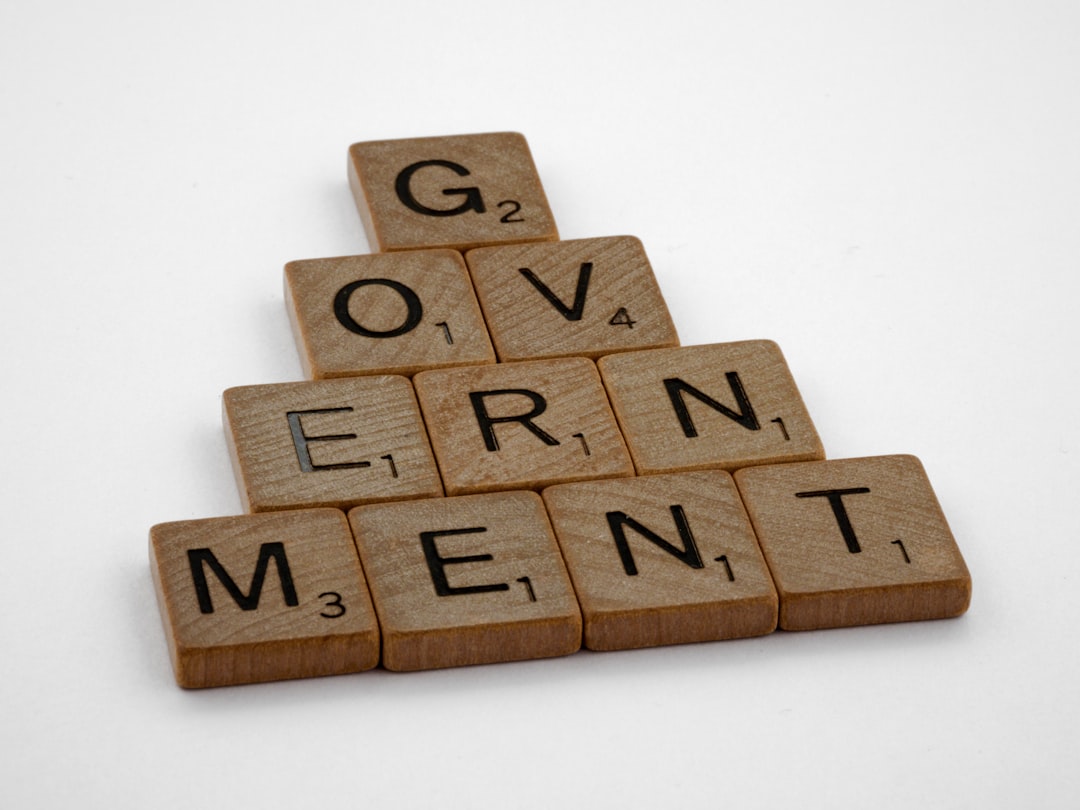What is it about?
We know misinformation is pernicious. But exactly how misinformation affects international tourism in crisis times is unknown. We report on how a belief in one type of COVID-19 virus origin misinformation (a belief the virus was human-engineered to hurt the world) impacts critical tourists and residents’ outcomes.
Featured Image

Photo by Kayla Velasquez on Unsplash
Why is it important?
Insights into how misinformation affects international tourism in crisis times are key to managing the outcomes of subsequent crises. Our understanding that believing the virus has a purposeful origin can motivate both approach and avoid behaviors with potential negative implications for social integration and harmony is important for tourism management during crisis times.
Perspectives
We know tourism biases have a complex relationship with sustainable tourism development. On one hand, tourism biases like tourism affinity and positive destination image may promote international tourism development. On the other hand, negative biases like tourism animosity, xenophobia, and ethnocentrism may hinder international tourism flow. So, I wondered if misinformation in crisis times reduces positive biases, like positive destination image, while increasing negative biases like animosity. I believe our results illustrate the implications of misinformation for international tourism development, and I hope these findings serve as important bases for managerial and policy engagements moving forward and navigating similar future crises.
Collins Opoku Antwi
Zhejiang Normal University
Read the Original
This page is a summary of: Divergent impact of belief in COVID-19 misinformation on cross-border tourism, Journal of Destination Marketing & Management, June 2024, Elsevier,
DOI: 10.1016/j.jdmm.2024.100901.
You can read the full text:
Contributors
The following have contributed to this page










